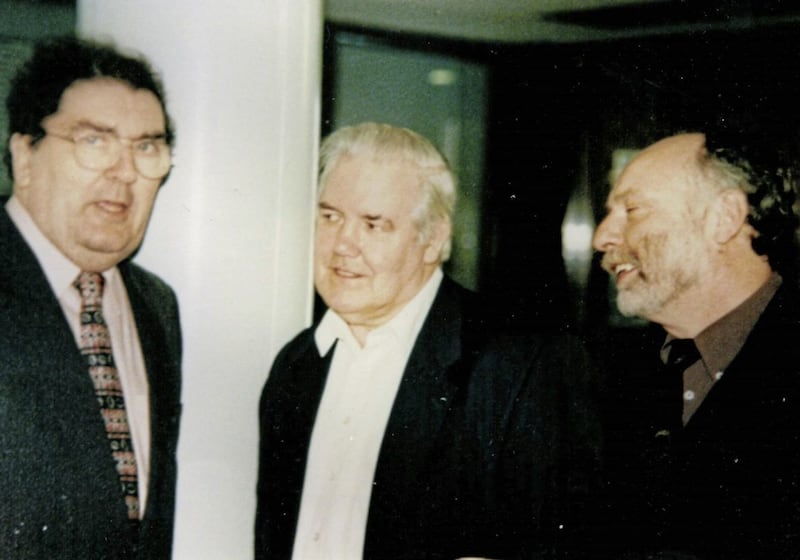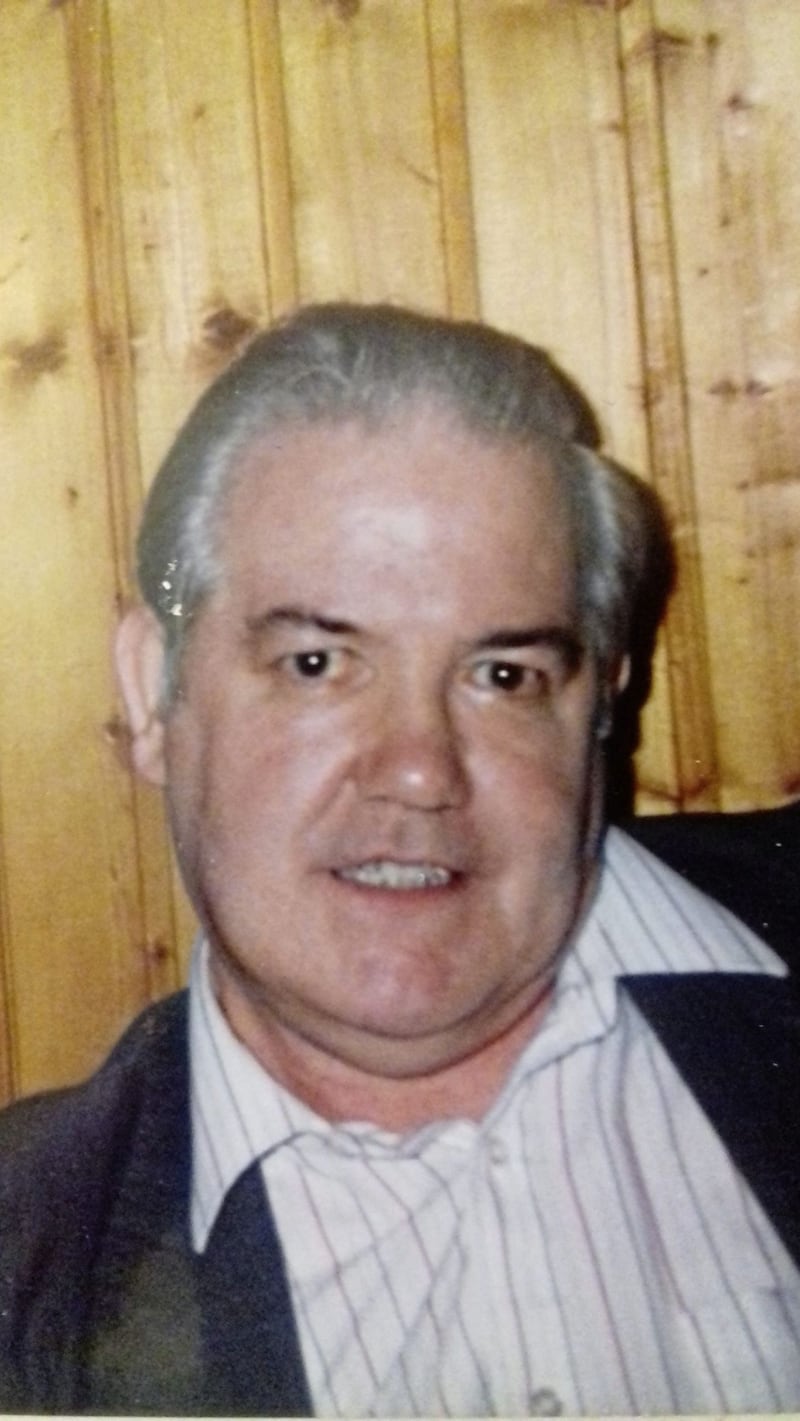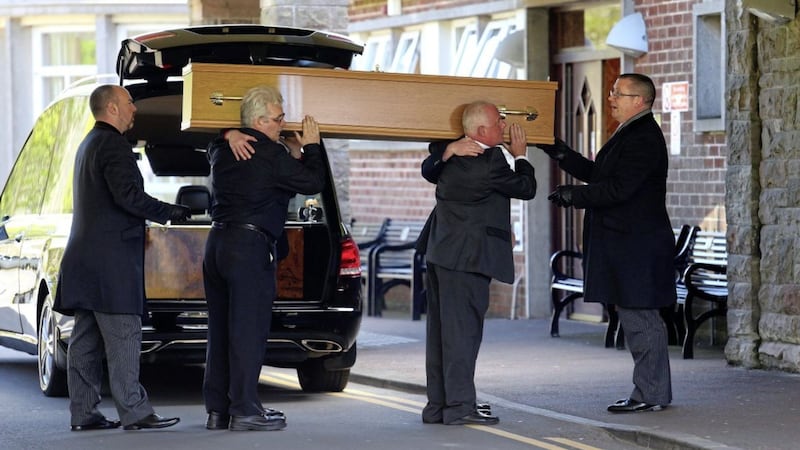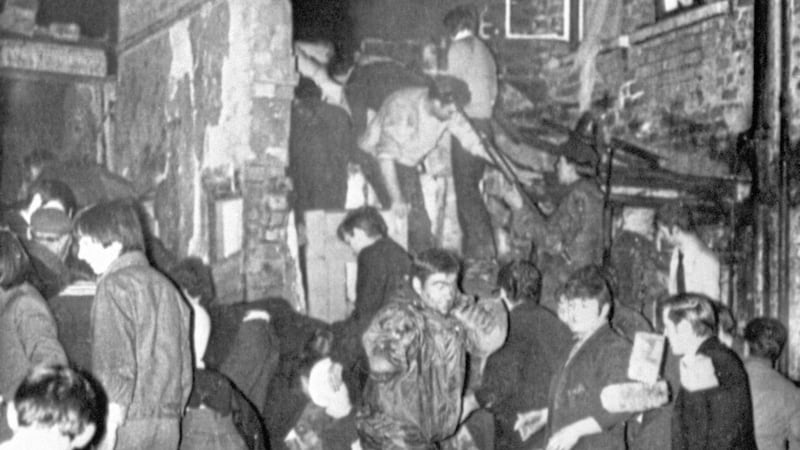A FOUNDING member of the north's civil rights movement was fondly described at his funeral yesterday as a "visionary".
Fred Heatley, who was also a local historian and former boxer, died peacefully in a Belfast nursing home on Friday aged 82.
He was a founding member of the Northern Ireland Civil Rights Association and issued invites to its first historic meeting 50 years ago.
Mourners gathered yesterday afternoon to Roselawn Crematorium outside Belfast for his memorial service.
In a eulogy detailing Mr Heatley's achievements, his son Conal praised his father for "promoting equality and denouncing discrimination".
He listed the many roles his father fulfilled in life including trade unionist, civil rights activist and "every now and then, a visionary".
"He joined a spirited group of individuals representing a cross-section of society. The Northern Ireland Civil Rights Association was born, with Fred Heatley as its first treasurer," he said.
Originally from Sailorstown, Mr Heatley left school at the age of 14 to begin work as a messenger boy.

He went on to become a governor at Linenhall library and counted John Hume, the late Seamus Heaney and writer Brian Keenan among his friends.
Mr Heatley worked for almost 20 years in The Irish News as a fitter maintaining the heavy machinery for newspaper production.
In the north's fledgling civil rights movement, he took the position of treasurer and sent out invites to the first meeting in Belfast's International hotel in 1967.
He played a leading role in the movement over the next two years and took part in demonstrations in Newry, Enniskillen, Dungannon, Belfast and Derry.
Mr Heatley later left the association over concerns about its direction but continued to campaign for equality and justice, including the Birmingham Six case.

In 2009, he was officially recognised for the 'one man one vote' achievement by President Mary McAleese at Áras an Uachtaráin in Dublin.
He was a founder of the West Belfast Historical Society and was also instrumental in establishing guided bus tours of Belfast, acting as guide on the first tours during the 1990s.
Mr Heatley is survived by his sister, three daughters, two sons, 12 grandchildren and 10 great-grandchildren.




